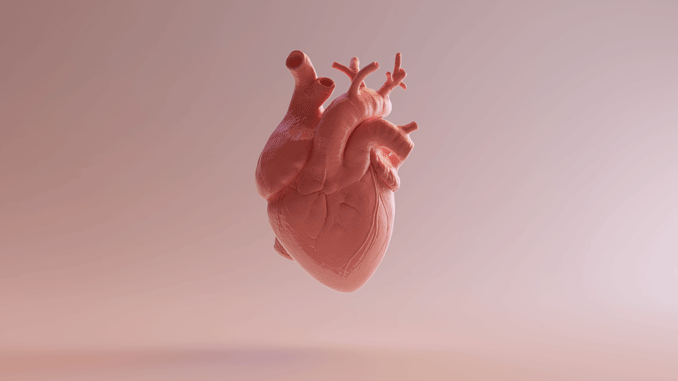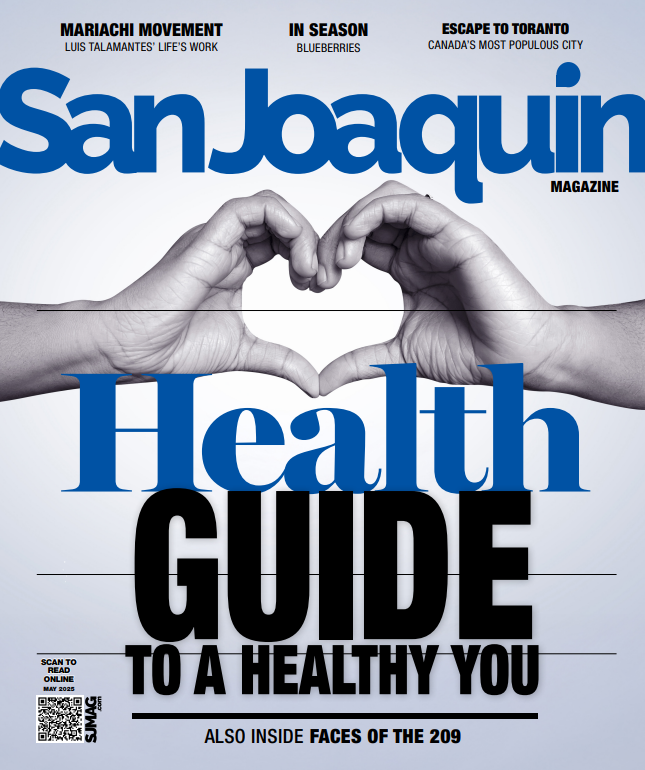
The heart is a vital organ, so it’s important to take care of it. And no, this isn’t a column about dating advice. “People with existing medical conditions, such as CAD, obesity, tobacco dependence, diabetes mellitus are at a greater risk for complications if they were to contract COVID 19,” says Suresh Bhatia, an administrator at Stockton Cardiology Medical Group.
The fact of the matter is, there are four main risk factors associated with heart disease and heart attacks: age, genetic predisposition, exercise habits, and diet. The first two, you can’t do much about. Being male also plays into heart health, as estrogen protects the heart for most women until menopause.
Luckily, however, the other two factors are within our control. “The bottom line comes down to diet and exercise,” says Dr. Ramin Manshadi, cardiologist of Manshadi Heart Institute. He recommends at least 30 minutes of moderate exercise five days per week. Being active at work doesn’t count, this should be an allotted time for exercise set aside. Diet is also important, including eating lot of fruits, vegetables, nuts, and fish. “A heart healthy diet involves reducing fat consumption in diet, reducing simple carbohydrates, (i.e. candy, soda, white rice, white bread), reducing salt consumption, and avoiding excessive alcohol use,” Suresh says.. Dr. Manshadi says the Mediterranean diet, inspired by the eating habits of Spain, Italy, and Greece in the 1960s, and high in the consumption of vegetables, fruits, herbs, nuts, beans, and whole grains, is probably the best heart-healthy diet to follow.
While creating, or maintaining, good exercise habits may seem near impossible during a pandemic, Dr. Manshadi has some suggestions, such as walking around the neighborhood or purchasing exercise equipment for home. Make it a habit by working out at the same time every day. As an added bonus, exercise boosts the immune system, which can help stave off illness. The flu and COVID-19 are both bad for the heart. “The inflammation caused by these infections can cause a disruption of plaque inside your arteries and cause a heart attack,” he explains. “If you develop acute cardiac symptoms,” Suresh warns, “you should still seek emergency medical care.”
If you are diagnosed with COVID-19, take a three-week break from exercise, even if you don’t have symptoms. “Studies have shown that even with normal initial diagnostic testing of the heart, the Cardiac MRI has shown inflammation of the heart muscles, which can lead to sudden cardiac death if [people] start their athletic activity too early,” Dr. Manshadi says. “The general consensus is to start exercise after three weeks of diagnosis to reduce arrhythmia and sudden cardiac death.”
The Manshadi Heart Institute
2633 Pacific Ave., Stockton
(209) 944-5530
1210 Tokay St., Lodi
(209) 370-3580
DrManshadi.com

